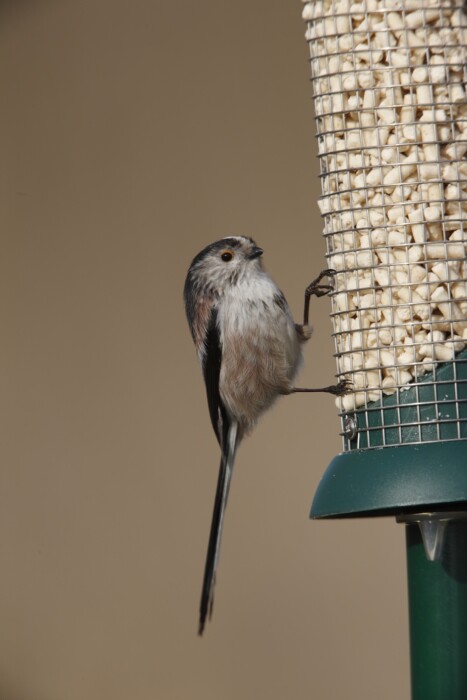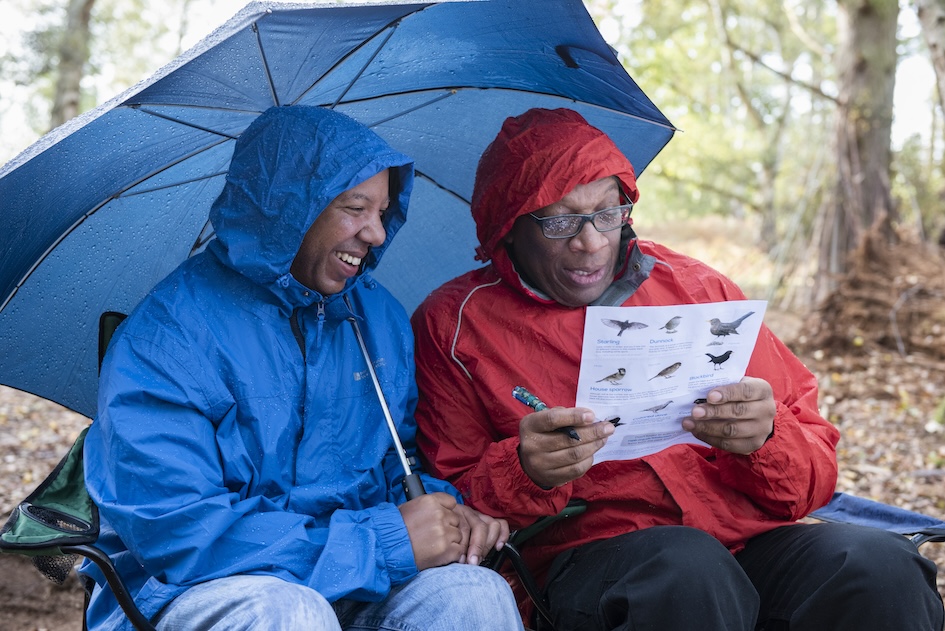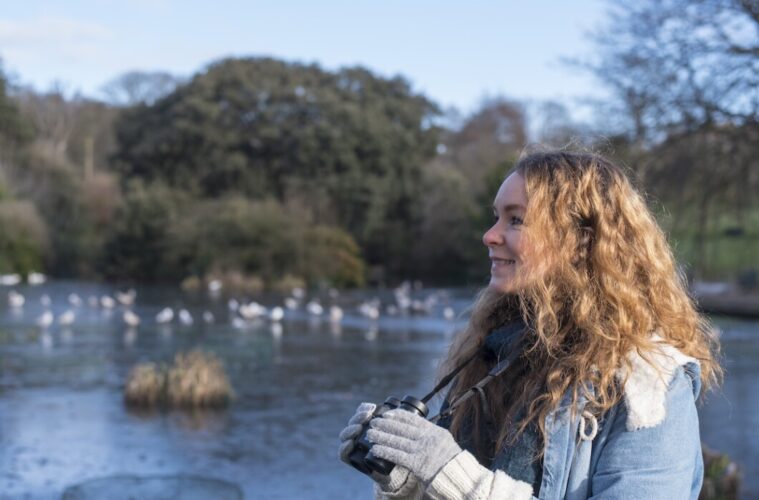The world’s largest garden wildlife survey returns, with hundreds of thousands of people watching and counting the UK’s garden birds over the last weekend in January for the RSPB’s Big Garden Birdwatch.
In 2024 over 600,000 people took part, counting more than 9.7 million birds, and over nine thousand of those passionate counters were right here in Wiltshire.

This year’s event takes place on 24, 25 and 26 January 2025. People across the South West will be asked to spend an hour watching and counting the birds in their garden or local park, or from their balcony, then send their results to the RSPB.
The Birdwatch, which started in 1979, has become a much-loved annual citizen science event that gives the RSPB a valuable snapshot of how our garden birds are doing in the UK. Over that time, more than 195 million birds have been counted and over 12.1 million hours spent watching and counting garden birds.
Beccy Speight, the RSPB’s Chief Executive, said, “At its heart, Big Garden Birdwatch is an opportunity for people to spend an hour watching, enjoying, and connecting with the wildlife on their doorstep. From chirpy House Sparrows to acrobatic Blue Tits, the entertaining antics of our garden birds can brighten even the dullest day and bring a welcome dose of nature into our everyday lives.

“By taking part in the Birdwatch, you and hundreds of thousands of other nature lovers across the UK, play an important role in helping us understand how garden birds are doing. With the nature and climate emergency threatening even our most familiar birds, every count matters. It’s good for wildlife and evidence shows it’s good for our own wellbeing.”
Last year’s UK wide Big Garden Birdwatch results revealed that House Sparrow held on to the top spot for another year, with Blue Tit riding high at number two and Starling coming in at number three. Woodpigeon and Blackbird made up the remainder of the top five most recorded species.
Although 1.4 million House Sparrows were spotted across the January weekend last year, they have sadly suffered severe declines. Average numbers spotted in gardens, parks and community spaces have dropped 60% since the first Big Garden Birdwatch in 1979.
Over its four decades, Big Garden Birdwatch has highlighted the winners and losers in the garden bird world. The Blue Tit and Great Tit, much-loved garden species, have seen their average numbers rise by 24% and 61% respectively. While species such as the Starling, currently at number two in the Big Garden Birdwatch charts, has seen its numbers drop by more than 80% since 1979.
Beccy added: “Whether you live in a city or the countryside, anyone, anywhere can take part in Big Garden Birdwatch – even if you don’t have a garden! All you need is an hour to spend watching the birds in your local green space. When we come together for nature, we can do great things. Join us for Big Garden Birdwatch 2025 and together let’s take action to help birds and other wildlife thrive for generations to come.”
To take part in the Big Garden Birdwatch 2025 in Wiltshire, watch the birds on your balcony, in your garden or in your local green space for one hour at some point over the three days. Only count the birds that land, not those flying over. Tell us the highest number of each bird species you see at any one time – not the total you see in the hour.
Registration for Big Garden Birdwatch 2025 opens 11 December 2024.
To receive your FREE Big Garden Birdwatch guide, which includes a bird identification chart, top tips for your Birdwatch, RSPB shop voucher, plus advice on how to help you attract wildlife to your garden, text BIRD to 82727, or you can choose a free digital guide (which helps the RSPB spend more on nature by reducing costs) by visiting www.rspb.org.uk/birdwatch
The parallel event RSPB Big Schools’ Birdwatch takes place during the first half of spring term, 7 January – 14 February 2025. For more than 20 years, the Birdwatch has helped to connect children and their teachers with nature in their school grounds. Registration for Big Schools’ Birdwatch will go live mid-September. Further information can be found at www.rspb.org.uk/schoolswatch


